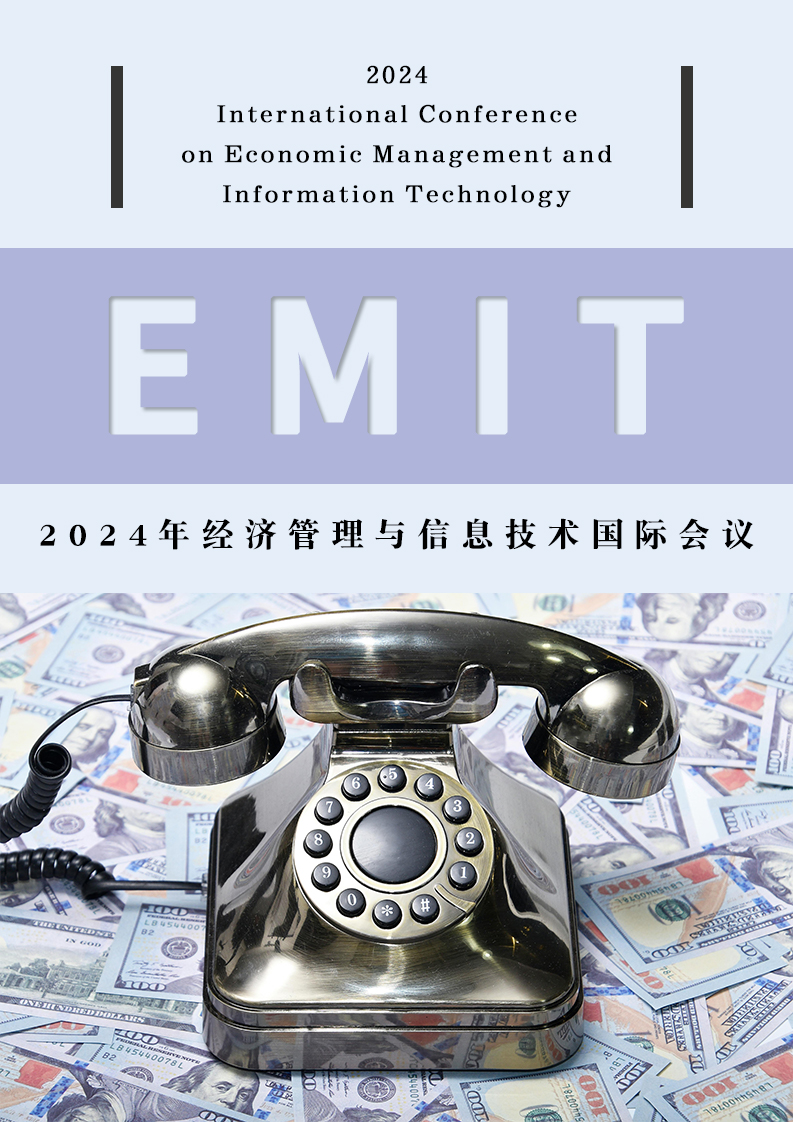A Comparative Analysis of Post-Modern Planning: A Case Study of Mumbai and Rosario

Authors:
Hanxu Li
Keywords:
Post-modern planning; urban development; urban comparison; social justice
Doi:
10.70114/aimedr.2024.1.1.P122
Abstract
This paper compares the Kanjur Marg Project in Mumbai and the 26 Local Strategies: A Plan in Rosario from a globalization perspective. Despite both projects reflecting postmodernist planning characteristics, they highlight the similarities and differences in their urban planning approaches. The differences in resident participation in the two cities reflect their unique social, political, and global contexts. The Kanjur Marg Project in Mumbai combines collaborative and radical planning through deep Metropolitan resident participation. At the same time, the 26 Local Strategies: A Plan in Rosario represents a more typical collaborative planning approach through participatory workshops. This paper analyses how these planning approaches shape urban development trajectories and to what extent they achieve social justice from the perspectives of representation, redistribution, and recognition in the context of globalization. The study suggests that these cases demonstrate the multiple challenges of urban development and social justice in the context of globalization and call for further exploration of how to achieve more inclusive and just urban planning in the process of globalization


